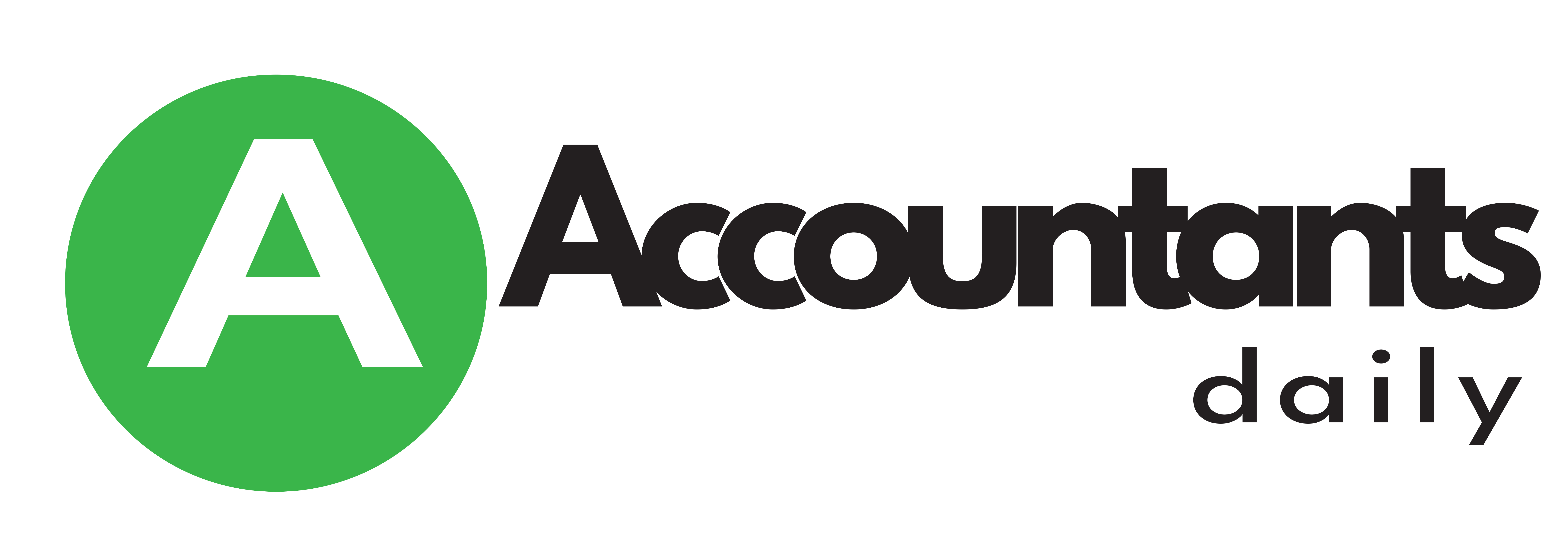What Are the Allowable Expenses for Self-Employed Individuals?
Being self-employed comes with many responsibilities, not least of which is managing your finances. One of the biggest advantages of working for yourself is the ability to claim various business-related expenses, reducing your taxable income and, in turn, lowering the amount of tax you owe. However, it’s essential to understand which expenses are allowable, as HMRC only permits certain types of costs to be deducted from your taxable income.
In this blog, we’ll break down the common allowable expenses for self-employed individuals, helping you maximize your deductions and stay compliant with HMRC guidelines.
1. Business Premises Costs
If you run your business from a physical location, such as an office, shop, or workshop, you can claim for the cost of rent, utilities, and property maintenance. This also includes council tax, if applicable. If you work from home, you can claim a proportion of your household expenses, such as heating, electricity, and internet costs, based on how much of your home is used for business.
2. Office Supplies and Equipment
Any items you purchase that are essential for running your business can be claimed as expenses. This includes office supplies such as stationery, printer ink, and software subscriptions, as well as office furniture, computers, and phones used exclusively for business. If you use any equipment for both personal and business purposes, you can only claim the percentage used for business activities.
3. Travel and Vehicle Expenses
As a self-employed individual, travel costs related to your business are usually allowable. This can include train fares, bus tickets, flights, and even accommodation when traveling for work. If you use your car for business purposes, you can claim for petrol, repairs, insurance, and parking fees. Keep in mind that if you use the car for both personal and business purposes, you must apportion the costs and only claim for the business portion.
4. Meals and Entertaining
If you need to entertain clients or business associates as part of your work, you may be able to claim for the cost of meals, drinks, or hospitality. However, HMRC has strict rules on what constitutes acceptable entertaining, and expenses must be directly related to the business activity. Personal meals or social activities are not deductible.
5. Marketing and Advertising
Costs associated with promoting your business are allowable expenses. This includes expenses for online advertising, social media marketing, business cards, flyers, and even website development or hosting. Any costs that are directly related to attracting new customers or maintaining your brand’s presence are eligible for deduction.
6. Professional Fees and Subscriptions
As a self-employed individual, you can also claim for any professional fees or memberships you pay for business purposes. This includes fees for trade unions, professional bodies, or membership organizations relevant to your industry. You can also deduct costs related to accounting, legal advice, or any consultancy services required for your business.
7. Insurance
Various types of insurance are essential for self-employed individuals, including public liability insurance, professional indemnity insurance, and business property insurance. Premiums paid for these types of coverage are considered allowable expenses and can be deducted from your taxable income.
8. Training and Development
Investing in your professional development can benefit both you and your business. Expenses related to training courses, workshops, or educational materials that improve your business skills or knowledge in your specific industry can be deducted. Keep in mind that the training must be directly related to your work or business activities.
9. Staff Costs
If you employ staff, the wages, salaries, bonuses, and benefits you pay to your employees are allowable expenses. This also includes contributions to pension schemes, National Insurance contributions, and recruitment costs.
10. Bank Charges and Interest
Any bank charges or interest payments related to business accounts are allowable. This includes overdraft fees, business credit card charges, and loan interest that is solely for business purposes.
11. Bad Debts
If you’ve made a sale and have been unable to collect the money, you can claim a deduction for bad debts. This applies to debts that are deemed uncollectible after all reasonable efforts have been made to recover the funds.
Conclusion
As a self-employed individual, understanding which expenses are allowable is crucial for minimizing your tax liability and maintaining accurate financial records. While this list covers the most common allowable expenses, it’s always a good idea to keep detailed records and consult with a tax professional to ensure that you’re claiming everything you’re entitled to. By doing so, you can reduce your taxable income, keep more of your hard-earned money, and stay compliant with HMRC’s regulations.
Remember, if you’re unsure about any expenses or need help with your self-assessment tax return, working with a qualified accountant can provide valuable guidance and support throughout the year.

